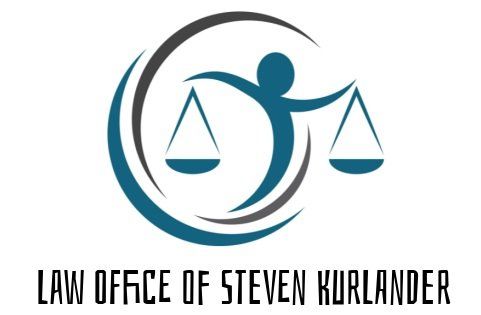Factors to Consider When Shopping for a Mortgage

You have many factors to consider when shopping for a mortgage, making the process confusing for those unfamiliar with it. Choosing the right mortgage can significantly impact your finances because it determines the monthly payments and total loan cost.
Below are some key factors to consider when shopping for a mortgage.
Interest Rate
The interest rate is one of the most important factors when shopping for a mortgage. The interest rate is the percentage of the loan amount you must pay in addition to the principal you borrow. The higher the interest rate, the greater the total amount you will pay over the life of the loan. Shopping around and comparing rates from multiple lenders is necessary to find the best deal.
Mortgage Type
Various types of mortgages are available, each with unique features and benefits. The most common mortgage types include fixed-rate, adjustable-rate (ARMs), and government-insured mortgages such as FHA and VA loans.
Fixed-Rate Mortgage
The rate of interest on a fixed-rate mortgage stays the same throughout the loan's term. Fixed rates imply that your monthly payment will remain constant regardless of market interest rate changes. Fixed-rate mortgages are a good choice for borrowers who want the security of a consistent monthly payment and can afford a larger down payment.
Adjustable-Rate Mortgage
The interest rate on an adjustable-rate mortgage (ARM) can change over time. The rate is typically set for a number of years at the start of the loan and then adjusts regularly based on changes in market interest rates.
ARMs can be a good option for borrowers anticipating an income increase or selling their homes before the interest rate adjusts. They can, however, be risky if market interest rates rise significantly, as this can result in higher monthly payments.
Government-Insured Mortgage
Government-insured mortgages such as FHA and VA loans have backing from the Federal Housing Administration and the Department of Veterans Affairs, respectively. These loans may have more flexible qualifying criteria and a lower down payment than a traditional mortgage. They are an excellent choice for first-time buyers or those with less-than-perfect credit.
Term
The term of a mortgage refers to when you must repay the loan. Most mortgage terms range from 15 to 30 years, with 15-year mortgages typically having lower interest rates but higher monthly payments. When shopping for a mortgage, consider the term, as this will affect the total cost of the loan and the size of your monthly payments.
Credit Score
When evaluating your mortgage application, your credit score is an important consideration for lenders. A higher credit score can lead to a lower interest rate and better loan terms. Before applying for a mortgage, check your credit score and work to improve it, as this can save you a significant amount of money over the life of the loan.
Debt-to-Income Ratio (DTI)
Your debt-to-income ratio calculates what percentage of your earnings goes to repaying your debt, including your mortgage. Lenders prefer to lend to borrowers with a lower debt-to-income ratio, indicating a lower risk of default. When looking for a mortgage, consider your debt-to-income ratio because it can affect your ability to qualify for a loan and the terms you receive.
If you have shopped for a mortgage and need legal advice or assistance to close your real estate transaction, the Law Office of Steven Kurlander can help. Our team of experienced attorneys is dedicated to providing our clients with the legal guidance they need to navigate the complex world of real estate.
We understand the mortgage process and can help you choose the right product for your needs. Contact us today to schedule a consultation and see how we can assist you with your mortgage shopping needs.










